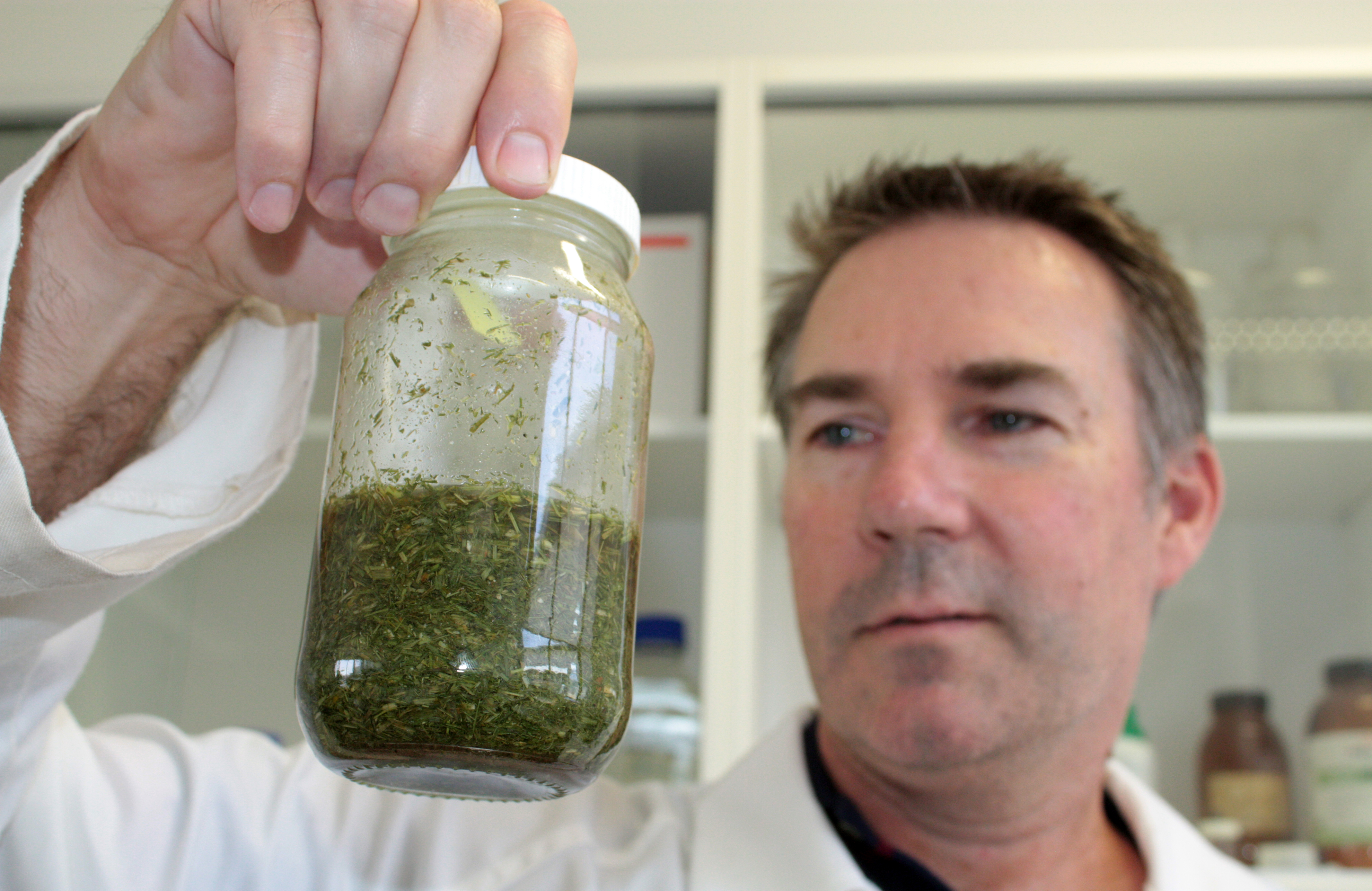
Feed test key to managing prussic acid poison potential
11 Feb 2019

NSW Department of Primary Industries (DPI) has advised graziers that drought-stressed sorghum crops could pose a risk to cattle and sheep, with recent feed sample tests showing unsafe levels of prussic acid.
DPI Feed Quality Service (FQS) analytical chemist, Richard Meyer, said close to 50 per cent of sorghum samples received this year had significant levels of prussic acid, which could cause serious poisoning and death if grazed by stock.
“Prussic acid, hydrogen cyanide, is produced by sorghum, millet and Sudan grass during drought and following rain when drought-stressed, stunted plants begin to grow,” Mr Meyer said.
“If livestock safety is in doubt we advise producers test plants which commonly cause prussic acid poisoning before stock graze risky feed.”
To manage the risk, producers should never allow stock to graze sorghum less than 50 centimeters high and feed hungry stock hay prior to grazing forage which could contain prussic acid.
Mr Meyer said producers should ensure sorghum hay is cut during low-risk conditions as prussic acid content survives the hay-making process.
“Silage production can reduce toxin levels of prussic acid by up to 50 per cent after three weeks, but we recommend all fodder produced from susceptible crops is tested prior to feeding sheep and cattle,” he said.
Symptoms of prussic acid poisoning are similar to nitrate poisoning with respiratory stress, muscle tremors and staggering. Prussic acid toxin combines with haemoglobin to turn blood a notable cherry red colour, while nitrate toxicity turns blood a chocolate brown colour.
Producers can send samples to DPI FQS laboratory for testing, and should consult their veterinarian if they suspect prussic acid poisoning.
More information about prussic acid poisoning (PDF, 105.22 KB) is available from DPI.
Photographs available from bernadette.york@dpi.nsw.gov.au
Media contact: Bernadette York (02) 6938 1664, 0427 773 785

